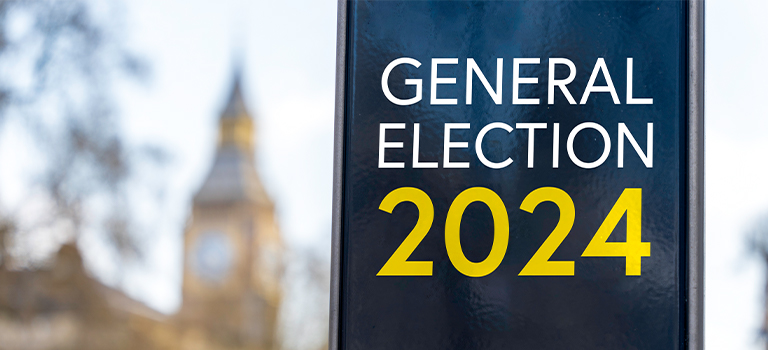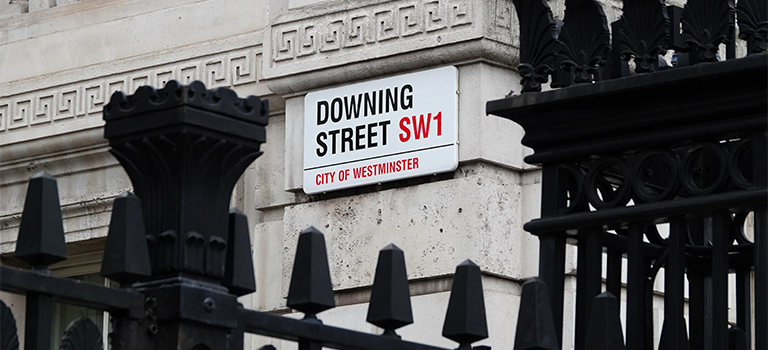London’s thriving property market, which is often viewed as a reflection of the UK’s stable economy, is driven by sound policymaking and good leadership. On the 4th of July, political parties across the country will contest once again to get their respective government in office and have released their election manifestos to woo voters. Analysis of the past 40 years of UK General Elections (nine in all) have shown that with only one exception, house prices have boomed 5.0% or more in the following 12 months.

Housing plays a significant role in swinging elections as affordability for first-time buyers and the shortage of homes take centre stage in debates and public rallies. However, a positive buyer sentiment, buoyed by the lowest inflation in three years and stable mortgage rates, has led the Conservative Tories and their leading opposition rivals in Labour to introduce some headline-grabbing schemes.
The conservative manifesto
The incumbent Conservative Party, under the leadership of Prime Minister Rishi Sunak, has laid out a series of proposals aimed at fortifying the property market and supporting first-time buyers. The proposed reintroduction of the Help to Buy scheme which previously assisted many first-time buyers in stepping onto the property ladder, is expected to ease the financial burden on new homeowners.
Additionally, the Conservatives plan to permanently abolish stamp duty for first-time buyers on properties worth less than £425,000. This policy aims to make homeownership more accessible by reducing the upfront costs of property purchases and encouraging more young people to consider buying their own homes rather than renting.
The Conservative manifesto also addresses the current housing supply shortfall by pledging to build 1.6 million homes if they remain in office for another term. This ambitious target aims to meet the growing demand for housing, thereby stabilising property prices and making homeownership a more attainable goal for many.
Vision of the labour party
The opposition Labour Party, currently leading in opinion polls, has also proposed a robust housing policy to address affordability and supply issues. Party leader Keir Starmer plans to introduce introduce a Freedom to Buy scheme, which provides young, first-time home buyers with a permanent government guarantee on their mortgages. This policy is intended to give young buyers the confidence and financial backing needed to enter the property market.
Labour’s manifesto outlines reforms aimed at building 1.5 million new homes by taxing foreign buyers, seen as a way to level the playing field for domestic buyers and ensure that housing remains within reach for UK residents.
What the other parties are doing?
Beyond the two big players, other political parties are also making significant promises to grab voter attention in the property market. The Liberal Democrats (Lib Dems) have committed to increasing the number of new homes under construction to 380,000 per year, out of which 150,000 will be reserved for social housing. They also have plans to ban no-fault evictions and standardise the tenure of tenancy contracts to three years.
Similarly, Reform UK has committed to scrapping stamp duty entirely for properties less than £750,000, with a 2% SDLT for properties from £750,000 to £1.5m and 4% for properties worth more. The right-wing party has also promised to abolish the Inheritance Tax for estates under £2m, with a 20% rate above £2m.

The promise of the Green Party to housing is more on the lines of improving the health and well-being of residents by investing £29bn over the next five years to insulate homes to an EPC B standard or above. Their plans include ensuring all new homes meet Passivhaus or equivalent standards and for house builders to include solar panels and heat pumps on all new schemes.
Regardless of the election outcome, the various proposals on the table suggest a concerted effort across the political spectrum to make home ownership a more achievable dream for many in the UK. As history has shown, while general elections may not drastically alter the property market’s course, the policies implemented by the next government will undoubtedly shape its future trajectory.
International offices
















